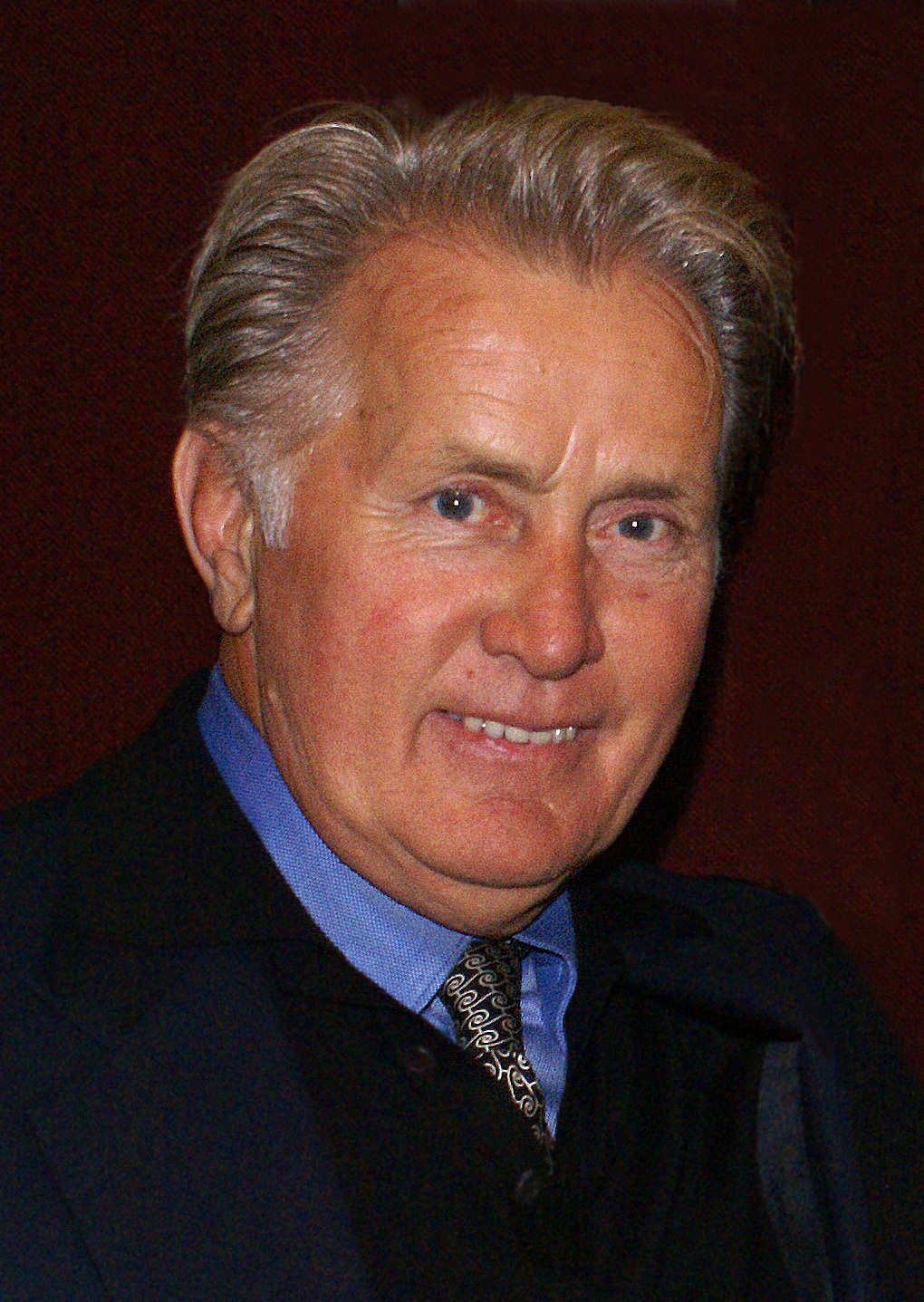“I learned I had to stand for something so I could stand to be me.”
2000s, Progressive magazine interview (2003)
Ramón Gerardo Antonio Estévez , known professionally as Martin Sheen, is an American actor who first became known for his roles in the films The Subject Was Roses and Badlands , and later achieved wide recognition for his leading role in Apocalypse Now , as President Josiah Bartlet in the television series The West Wing , and recently as Robert Hanson in the Netflix television series Grace and Frankie .
In film, Sheen has won the Best Actor award at the San Sebastián International Film Festival for his performance as Kit Carruthers in Badlands. Sheen's portrayal of Capt. Willard in Apocalypse Now earned a nomination for the BAFTA Award for Best Actor.
Sheen has worked with a wide variety of film directors, including Richard Attenborough, Francis Ford Coppola, Terrence Malick, David Cronenberg, Mike Nichols, Martin Scorsese, Steven Spielberg, and Oliver Stone. Sheen received a star on the Hollywood Walk of Fame in 1989. In television, Sheen has won a Golden Globe and two Screen Actors Guild awards for playing the role of President Josiah Bartlet in The West Wing, and an Emmy for guest starring in the sitcom Murphy Brown. In 2012, he portrayed Uncle Ben in The Amazing Spider-Man directed by Marc Webb.
Born and raised in the United States by immigrant parents, he adopted the stage name Martin Sheen to help him gain acting parts. He is the father of four children, all of whom are actors.
Sheen has directed one film, Cadence , in which he appears alongside his sons Charlie and Ramón. He has narrated, produced, and directed documentary television, earning two Daytime Emmy awards in the 1980s, and has been active in liberal politics.
Wikipedia

“I learned I had to stand for something so I could stand to be me.”
2000s, Progressive magazine interview (2003)
United States v. Algeria https://www.listenonrepeat.com/watch/?v=g2PZ5OWE8Rw (23 June 2010), 2010 FIFA World Cup.
2010s
“My only regret about having four children is that I didn't have four more.”
1990s, Inside the Actors Studio (1994)
“I love being Spanish as much as I love being Irish, and I really love being Irish.”
1990s, Inside the Actors Studio (1994)
2000s, Progressive magazine interview (2003)
“Nothing ever gets done unless it's done by a fanatic.”
2000s, AARP magazine interview (2008)
Context: When a life is at stake and it's your child, you become fearless in a lot of ways. I mean, you jut become fanatic. Nothing ever gets done unless it's done by a fanatic.
2000s, Progressive magazine interview (2003)
Context: Once you follow a path of nonviolence and social justice, it won't take you long before you come into conflict with the culture, with the society. You can't know what is at stake or how much it is going to cost you until you get in the game. That's the only way, and the level of cost is equal to the level of involvement.
2000s, Progressive magazine interview (2003)
Context: This supposed idyllic society we have is the most confused, warped, addicted society in the history of the world. We are addicted to power, we're addicted to our own image of ourselves, to violence, divorce, abortion, and sex. Any whim of the human character is deeded in us 100-fold. We're number one in child abuse, pornography, divorce, all of these categories; that's how we get paid back. You can't project something on someone else that is damaging that person and not become that yourself, it seems to me.
2000s, Progressive magazine interview (2003)
Context: I have been accused of being a traitor, and I have been accused of not supporting the military. Nothing could be further from the truth. The leaders are the ones who make the decisions. The soldiers do not have the choice. I support the soldiers as human beings. This Administration has led us into an area without vision. Bush has no clear understanding of what is being asked of the citizens, and the military is under his direction.
“I don't anticipate success. We're not asked to be successful, we are only asked to be faithful.”
2000s, Progressive magazine interview (2003)
Context: If all of the issues that I have worked on were depending on some measure of success, it would be a total failure. I don't anticipate success. We're not asked to be successful, we are only asked to be faithful. I couldn't even tell you what success is.
On nonviolent civil disobedience
2000s, Progressive magazine interview (2003)
Context: It is one of the only tools that is available to us where you can express a deeply personal, deeply moral opinion and be held accountable. You have to be prepared for the consequences. I honestly do not know if civil disobedience has any effect on the government. I can promise you it has a great effect on the person who chooses to do it.
“I do it because I can't seem to live with myself if I do not. I don't know any other way to be.”
On his activism in social justice and peace issues.
2000s, Progressive magazine interview (2003)
Context: I do it because I can't seem to live with myself if I do not. I don't know any other way to be. It isn't something you can explain; it is just something that you do; it is something that you are.
2000s, Progressive magazine interview (2003)
Context: I am not a politician or a public servant. I am still a journeyman actor and a peace and justice activist. I'm a pilgrim trying to win my freedom and serve as best I can in the time I have, with this gift I've been given.
2000s, AARP magazine interview (2008)